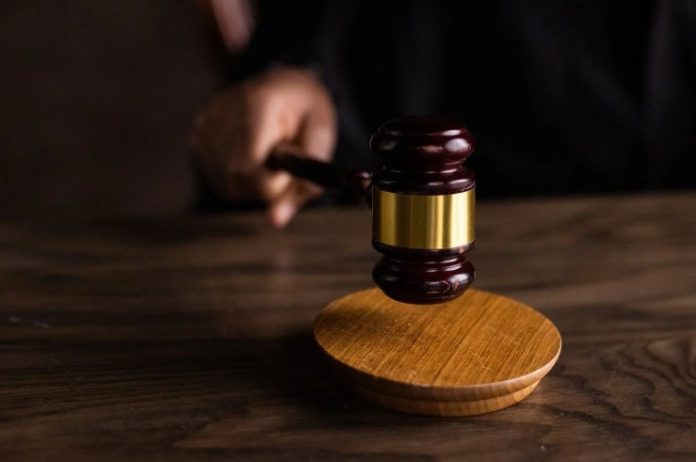The Constitutional Court of Romania rejected, on Wednesday, the referrals submitted by the Save Romania Union (USR), the Alliance for the Union of Romanians (AUR) and the Ombudsman regarding the three Justice laws adopted in the Parliament, CCR officials stated for Agerpres.
It is about the Law on the status of judges and prosecutors, the Law on judicial organization and the Law on the Superior Council of Magistracy (CSM).
„It is very important to challenge these laws at the CCR, we see that the current government forced the procedure to the maximum and did not wait for the opinion of the Venice Commission,” recently stated USR deputy Stelian Ion, adding that the Justice laws „turn into oligarchy the entire judicial system, putting control on what it means to carry out the act of justice” and do much more harm to the whole society.
The Alliance for the Union of Romanians also notified the Constitutional Court of Romania regarding the three pieces of legislation.
„The Law on the status of judges and prosecutors (PLx 440/ 2022), the Law on judicial organization (PLx 441/ 2022) and the Law on the Superior Council of Magistracy (PLx 442/ 2022) are unconstitutional due to the abusive and contemptuous manner in which they were voted, but also through the devastating effects they will produce after coming into force,” the AUR stated in a press release.
According to the AUR, non-sanctioning of judges who do not respect the decisions of the Constitutional Court „empties of their effectiveness” their mandatory nature.
At the same time, the Ombudsman announced that it notified the CCR in connection with several articles of the Law on the status of judges and prosecutors.
The legal texts criticized by the People’s Advocate refer to article 206 and article 234 paragraph (2).
„Judges, prosecutors, assistant magistrates and legal specialist personnel assimilated to judges and prosecutors are free to organize or join local, national and international professional organizations, in order to defend their professional rights and interests and may be members of scientific or academic societies, as well as of any private legal entity without patrimonial purpose, being able to be part of their management bodies,” Article 206 provides.
Article 234 paragraph (2) of the law establishes that „judges, prosecutors, assistant magistrates and legal specialist personnel assimilated to them can be members of committees for examining or drafting draft pieces of legislation, internal or international documents and can have the capacity of an expert in projects with external financing in the field of justice”.
The Ombudsman points out that, in addition to the forms of manifestation of the right of association, the law foresees an expansion of the area of functions that can be occupied by judges and prosecutors that exceed the activities of administering justice.
Agerpres




